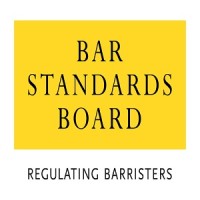
The Bar Standards Board
The Bar Standards Board (BSB) regulates barristers and specialised legal services businesses in England and Wales in the public interest. If you wish to communicate with the BSB, please email us at [email protected] or refer to our website https://www.barstandardsboard.org.uk/for-the-public/reporting-concerns.html if you wish to report a concern about a barrister. Reports concerning barristers and requests for waivers and authorisations are dealt with in confidence and it is not therefore our policy to respond to messages sent via social media (Facebook Messenger, LinkedIn or Twitter/X).






